It’s no surprise that consumers are demanding greater transparency and accountability from businesses regarding their environmental claims. Enter Bill C-59, a game-changer in the Canadian legislative landscape that’s set to target greenwashing.
This new regulation ensures that companies can’t just dismiss vague environmental claims without proper substantiation. If you're a business owner or a marketer, you’ll want to get the lowdown on what this bill means.
In this blog, I’ll explain everything you need to know about Bill C-59, its requirements, implications, and how it aims to combat misleading environmental claims. Ready? Let’s dive in.
What is Bill C-59?
Overview
Bill C-59, formally known as the Fall Economic Statement Implementation Act 2023, is a sweeping piece of legislation introduced by the Deputy Prime Minister and Minister of Finance. Receiving Royal Assent on June 20, 2024, it incorporates multiple provisions from the fall economic statement and the federal budget 2023. The bill impacts various sectors, including significant measures to reinforce Canada's stance on environmental claims and reduce greenwashing.
Environmental-related Additions
Among its numerous provisions, Bill C-59 focuses notably on combating greenwashing and enhancing the credibility of environmental benefit claims. The bill amends sections of the Competition Act, adding requirements for businesses to substantiate their environmental claims with adequate and proper testing. While the bill covers many areas, this blog will focus primarily on these environmental-related additions and briefly discuss Carbon Capture, Utilization, and Storage (CCUS) regulations.
Bill C-59 encompasses several pivotal environmental-related additions designed to hold companies accountable for their environmental claims. These provisions aim to mitigate the pervasive issue of greenwashing, ensuring businesses can’t make superficial or misleading claims about their environmental efforts.
Key Amendments to the Competition Act
One of the critical changes introduced by Bill C-59 is the amendment to the Competition Act, which now requires companies to provide adequate and proper substantiation for any environmental benefit claims. This means that:
- Claims must be backed by scientific evidence: Businesses cannot rely on vague or generalized statements but must have concrete data and research to support their claims.
- Internationally recognized methodologies: To prevent inconsistent and unverified methods, all environmental claims must be substantiated according to globally accepted standards. This rule helps ensure transparency and credibility.
- Increased scrutiny and enforcement: The Competition Bureau has been empowered with more robust tools to investigate and enforce actions against misleading environmental claims. This means businesses can expect more frequent and comprehensive audits of their marketing and labelling practices.
How Does Bill C-59 Work?
Bill C-59 operates by amending specific sections of the Competition Act to enhance the enforcement against false or misleading environmental claims. Greenwashing, the practice of making unsubstantiated environmental benefit claims, is explicitly targeted under the revamped section 74.01(1) of the Competition Act.
Focus on Specific Environmental Claims
The bill targets a wide range of environmental claims, including but not limited to:
- Carbon footprint reduction claims: Any assertion about reduced carbon emissions must be supported by precise data and verified calculation methods.
- Sustainability and eco-friendliness: Companies must clearly define what makes their products or services sustainable and how these claims are measured.
- Renewable energy usage: Assertions about using renewable energy must include details about the type and proportion of renewable sources in their energy mix.
What Are The Requirements of Bill C-59?
Several stringent requirements ensure that companies comply with Bill C-59. These ensure that all environmental claims are not only accurate but also verifiable.
Adequate and Proper Testing
Any environmental benefit claim must be substantiated by thorough testing. This involves:
- Scientific Robustness: The testing must be conducted using reliable and scientifically accepted methods. It should be designed to withstand scrutiny and reproduce results consistently.
- Transparency: Companies should maintain transparency in their testing procedures, methodologies, and results. This promotes trust and credibility among consumers and regulatory bodies.
- Detailed Documentation: Proper documentation is essential. Companies must keep comprehensive records of their tests, including methodologies, data collected, analysis performed, and conclusions drawn. This documentation must be readily available for regulatory authorities to verify.
Alignment with International Standards
To ensure uniformity and reliability, the testing and substantiation of environmental claims must conform to internationally recognized standards.
For example: International Organization for Standardization (ISO) standards relevant to environmental management and assessment should be followed.
When Does Bill C-59 Become Mandatory?
Bill C-59 became mandatory following its Royal Assent on June 20, 2024. From that date forward, all businesses operating within Canada must comply with its stringent provisions to avoid penalties and ensure their environmental claims are credible and legally sound.
For many businesses, this means an immediate overhaul of how environmental claims are substantiated. Companies had a brief window from the bill's introduction to its Royal Assent to familiarize themselves with its requirements. However, now that compliance is mandatory, there's no room for delay.
Who Needs to Comply With Bill C-59?
Businesses of All Sizes
Whether a small startup or a multinational corporation, any business making environmental benefit claims must comply with Bill C-59.
Environmental Benefit Claims
Any entity that promotes products, services, or business activities with environmental benefits must meet the bill's substantiation requirements. This includes claims related to:
- Carbon emission reductions
- Sustainable sourcing and production
- Waste reduction
- Energy efficiency
Why Should You Care About Bill C-59?
Bill C-59 is not just another regulatory hurdle; it represents a fundamental shift towards greater transparency, accountability, and integrity in environmental claims. Here's why your company should care:
Consumer Trust
In today’s market, consumers are increasingly skeptical of greenwashing. By complying with Bill C-59:
- Enhance Credibility: Businesses can enhance their credibility and build trust with eco-conscious consumers. Demonstrating that your environmental claims are credible and substantiated can significantly improve consumer trust.
- Strengthen Brand Integrity: Transparent and verifiable environmental practices reinforce your brand’s reputation and integrity.
Legal and Financial Repercussions
%2520Bill%2520C-59%2520Canada%2520C-59%2520Greenwashing.avif)
Non-compliance with Bill C-59 can lead to severe legal and financial consequences:
- Fines and Penalties: Companies that fail to meet the substantiation requirements may face significant financial penalties. The penalties can be as high as $10 million for a first offense and $15 million for subsequent offenses, or 3% of the corporation's annual worldwide gross revenues, whichever is greater.
- Corrective Measures: The Competition Bureau can mandate corrective measures, including public retractions and corrections of misleading claims.
- Reputation Damage: Beyond legal repercussions, non-compliance can severely damage a company’s reputation, leading to loss of trust among consumers and stakeholders.
Competitive Advantage
In an increasingly competitive business landscape:
- Differentiation: Adhering to Bill C-59’s requirements can set your company apart from competitors. It showcases your commitment to genuine environmental sustainability.
- Attracting Eco-conscious Consumers: Companies that prove their environmental claims are more likely to attract and retain customers who prioritize sustainability.
Alignment with Global Sustainability Goals
By adhering to internationally recognized standards and methodologies:
- Contributing to Global Efforts: Your company becomes a part of the global movement towards sustainability and environmental protection.
- Meeting Stakeholder Expectations: Investors, partners, and other stakeholders increasingly prioritize companies that align with global sustainability goals. Compliance with Bill C-59 signals your company’s commitment to these objectives.
How Can Arbor Help You With Bill C-59?
Compliance with Reporting Standards
Bill C-59 requires companies to use an “internationally recognized methodology” like ISO standards for any climate and environment-related claims. Arbor can ensure your company's public claims meet these stringent requirements. For example, we can calculate your products' carbon footprint following ISO 14067, which specifies the requirements and guidelines for assessing products' carbon footprints (PCFs).
Expert Guidance
Arbor offers expert guidance on complying with Bill C-59. Different types of climate claims require different methodologies. Our team of environmental consultants and legal experts can help you understand the requirements and implement the necessary measures to substantiate your specific environmental claims.
Testing and Documentation
We provide comprehensive testing and documentation services that align with internationally recognized methodologies. Our services ensure that your environmental claims are auditable and scientifically-backed.
Summary
Bill C-59 marks a significant step forward in enhancing Canada's environmental benefit claims' transparency and credibility. The bill aims to protect consumers and encourage genuine environmental benefits by targeting greenwashing and mandating stringent substantiation requirements.
Businesses of all sizes must comply with these new regulations to build consumer trust, avoid legal repercussions, and gain a competitive edge. With expert guidance and support from Arbor, navigating these requirements can be seamless, ensuring that your environmental claims are credible and valuable to your business.
Ready to elevate your environmental claims to meet the standards of Bill C-59?
Book a demo with Arbor today and lead the way in transparent, trustworthy environmental practices.
Measure your carbon emissions with Arbor
Simple, easy carbon accounting.
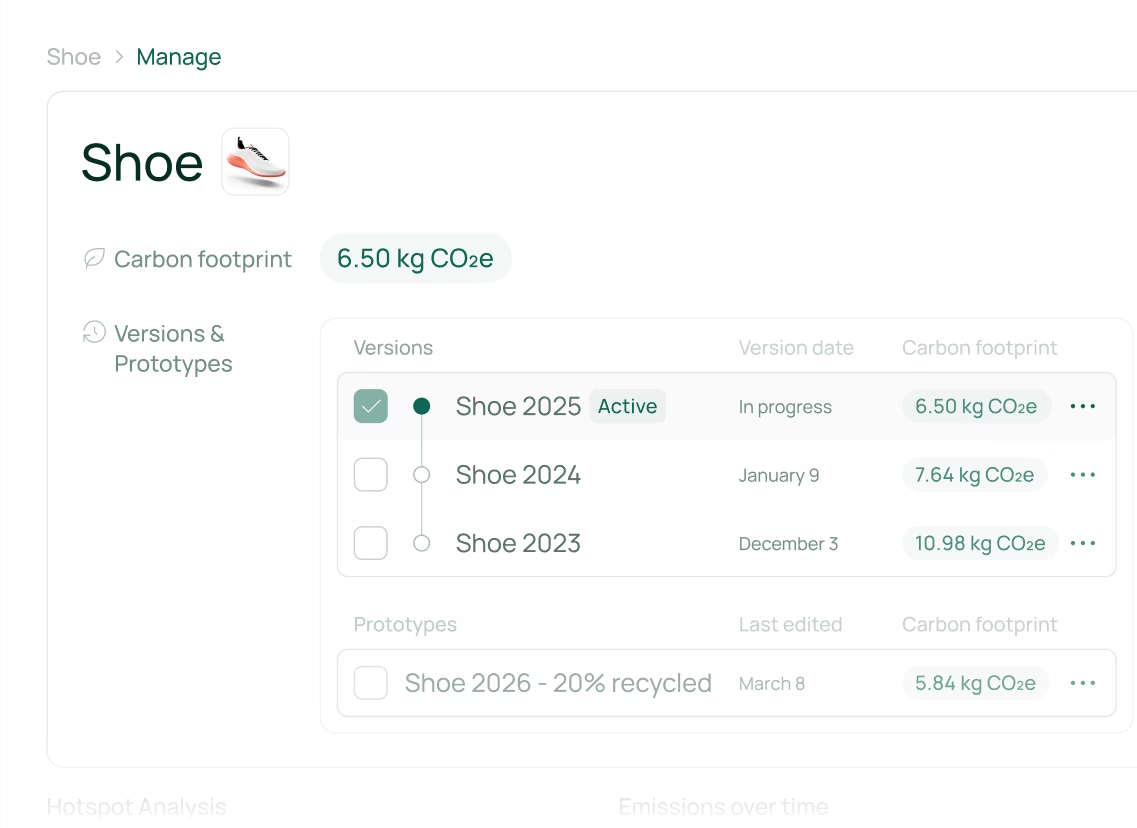




.webp)





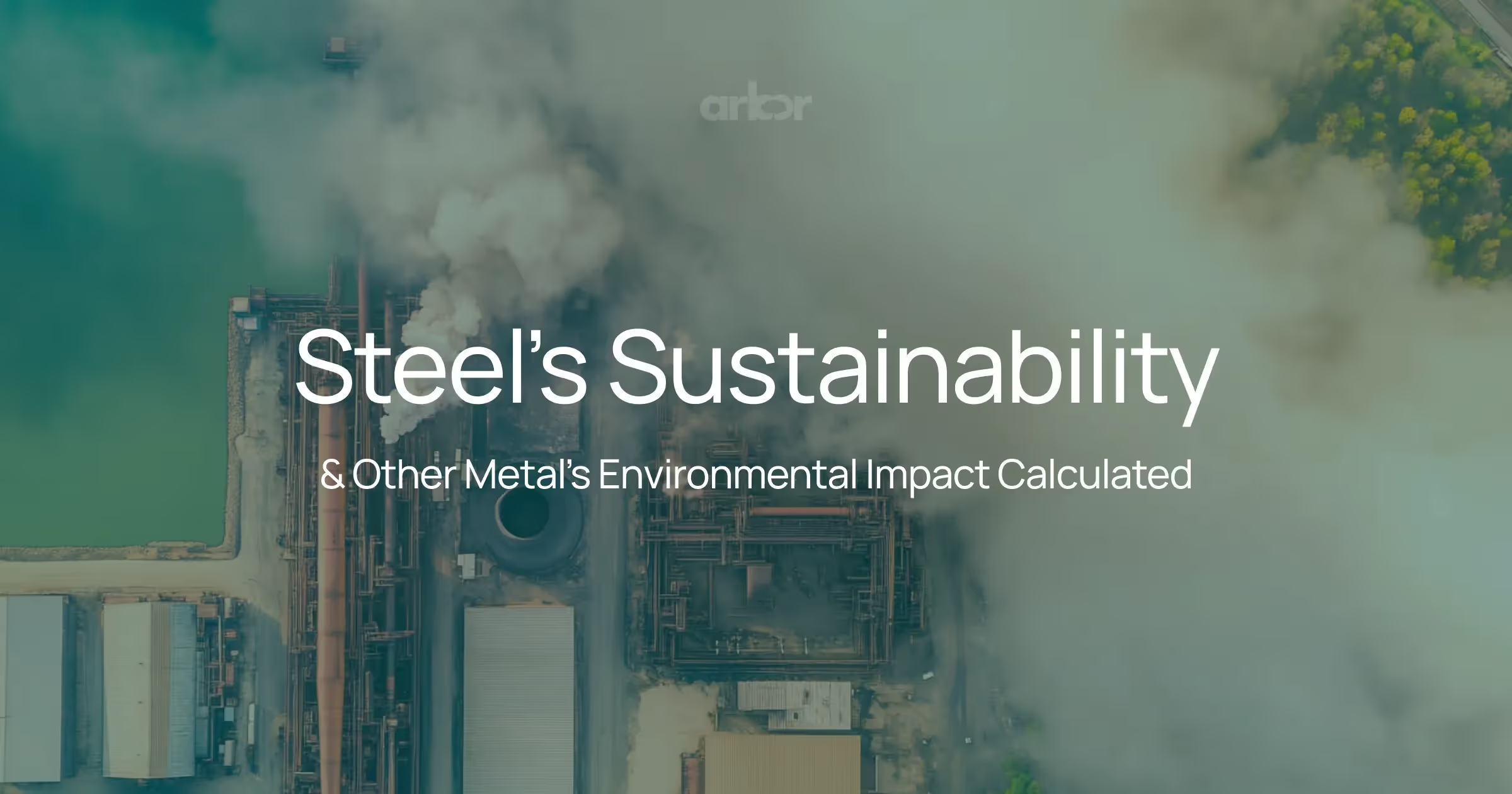

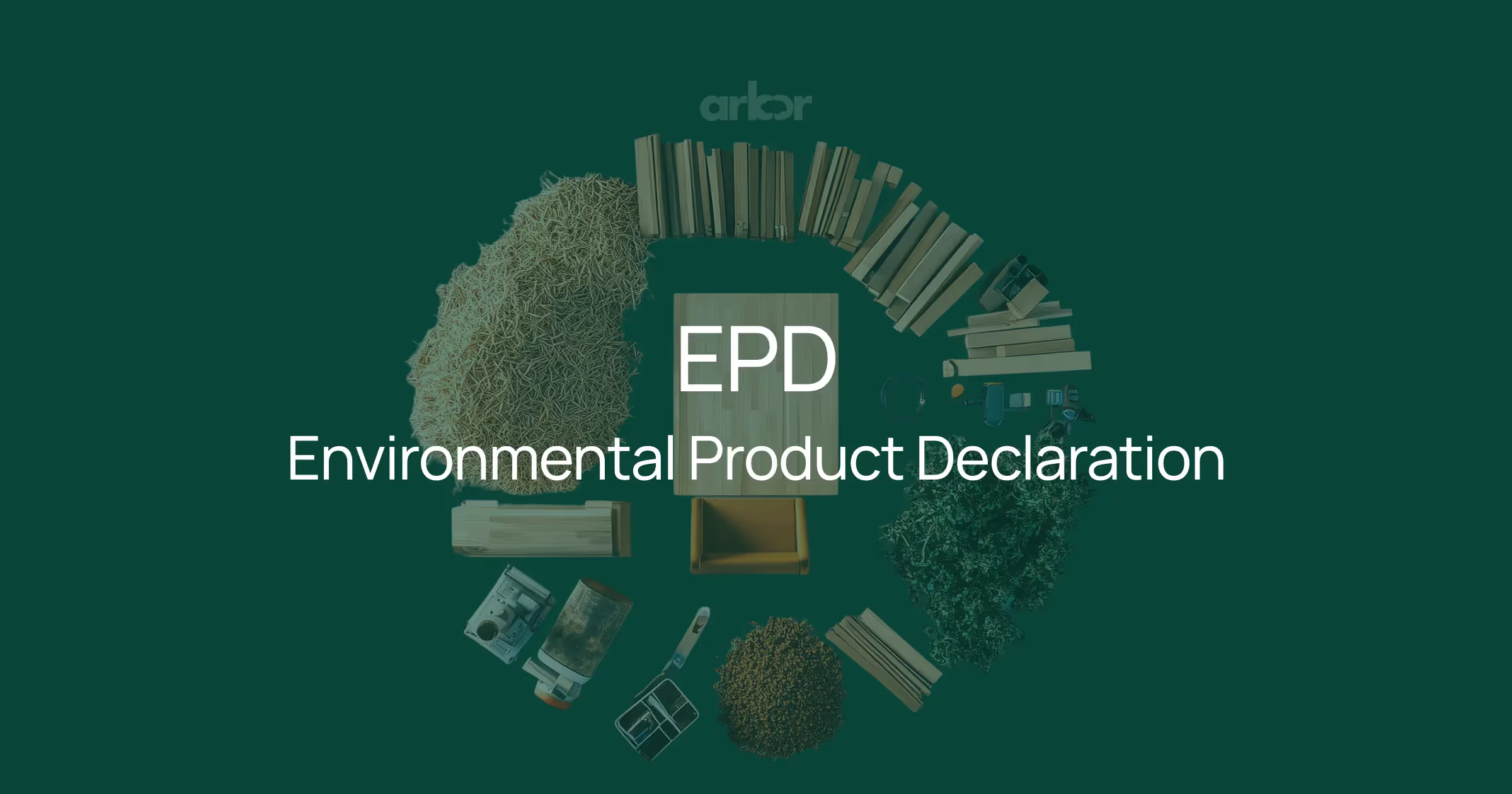



%20Arbor.avif)





%20Arbor.avif)
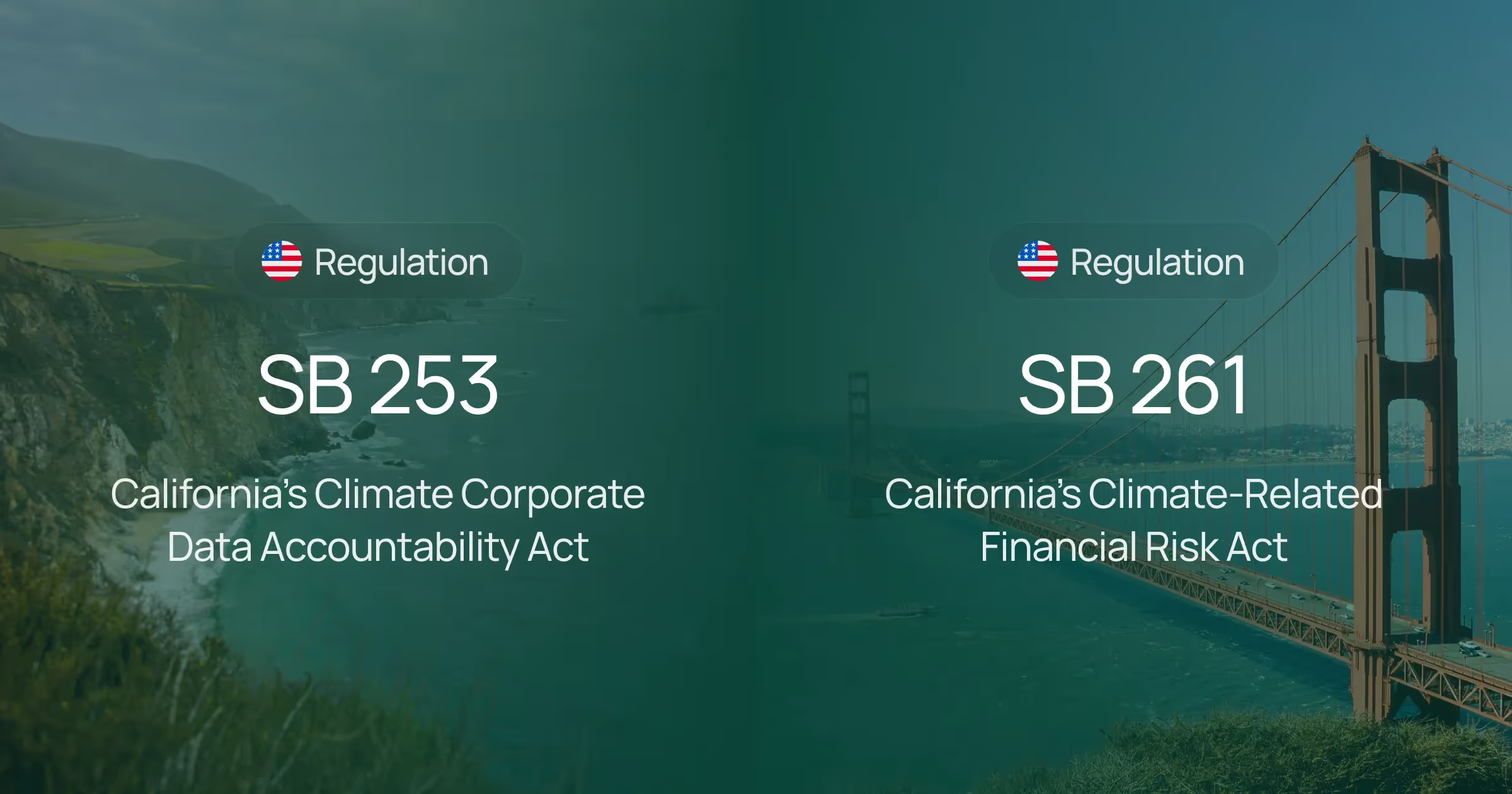

.avif)






%20Arbor%20Canada.avif)
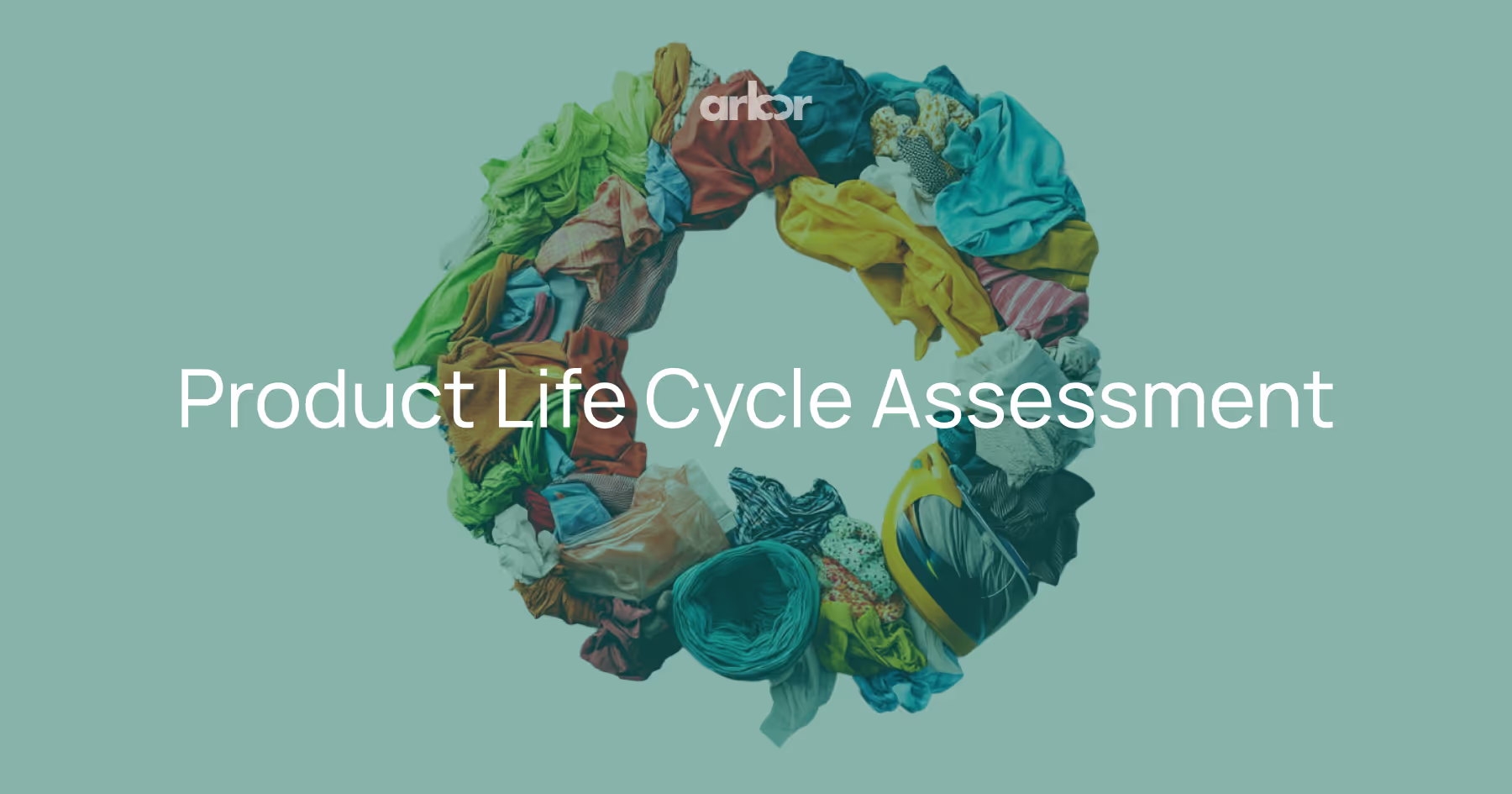
.avif)
%20Arbor.avif)
.avif)






_.avif)
.avif)
%20Arbor.avif)




%20Software%20and%20Tools.avif)





.avif)
.avif)
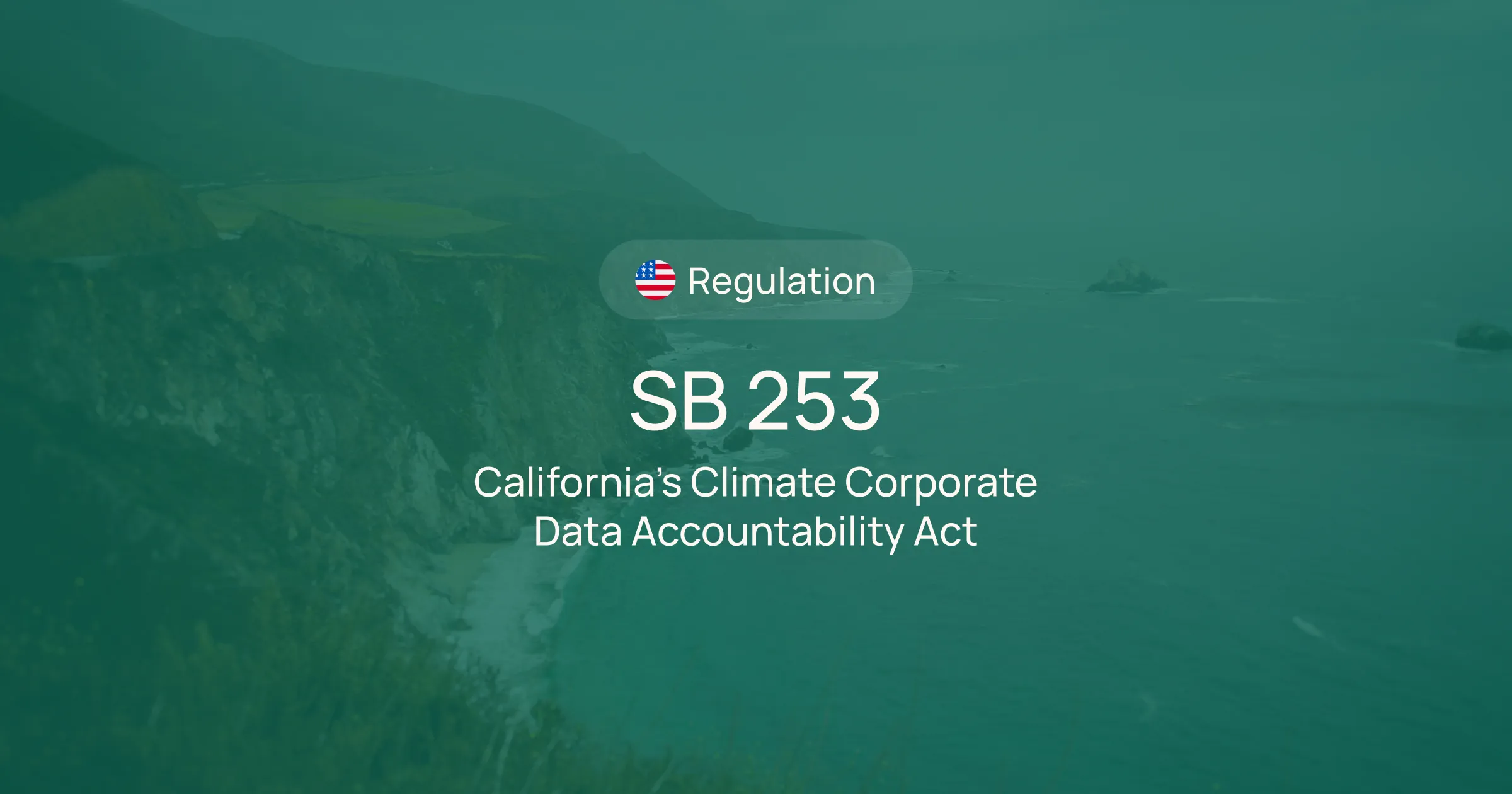



%20EU%20Regulation.avif)











.avif)


%20Arbor.avif)









_%20_%20Carbon%20101.avif)







.avif)

.avif)
.avif)



.avif)








